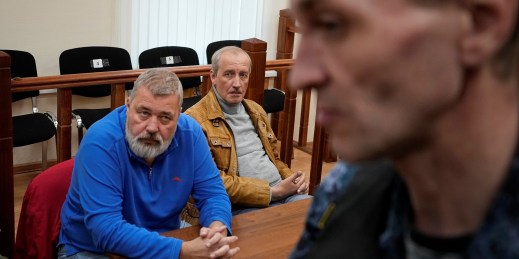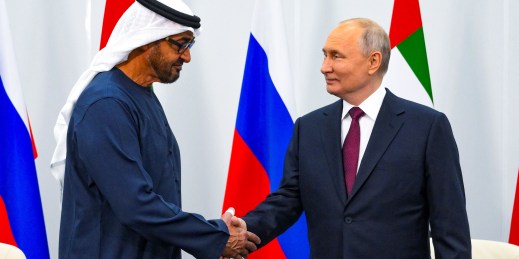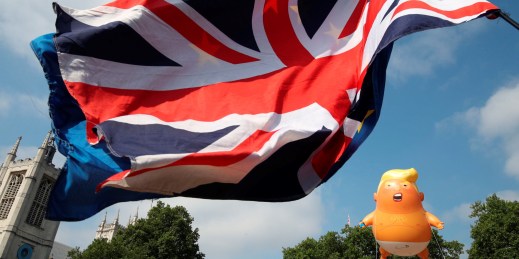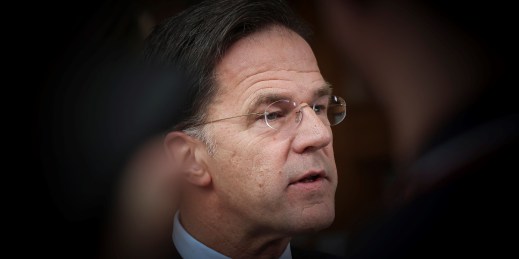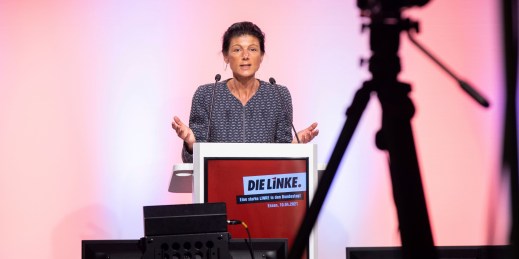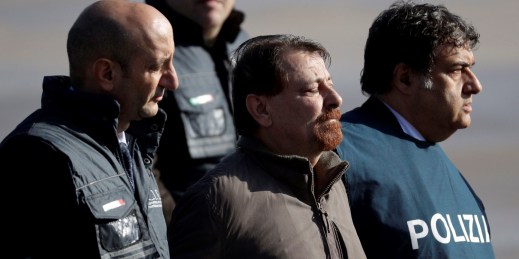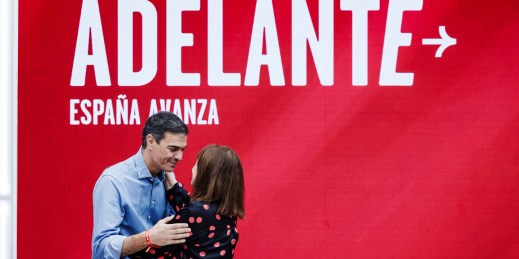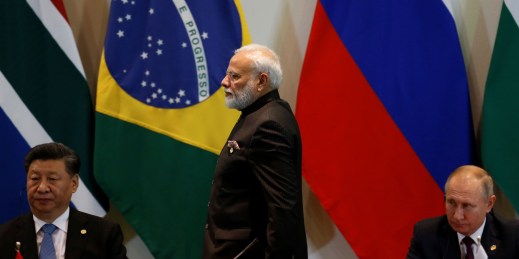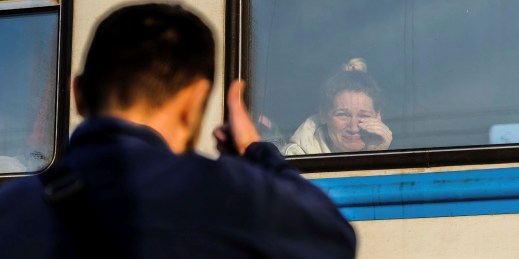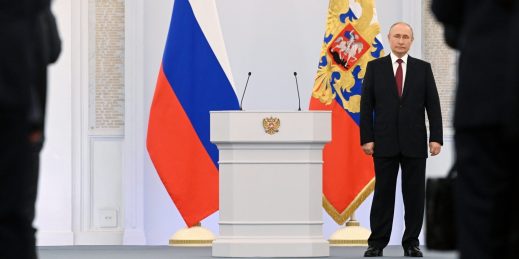
After Yevgeny Prigozhin’s death, Russia’s long-term trajectory under Putin looks increasingly dire. The enormous complexity of Russia’s challenges is more likely to paralyze Russia’s elites in ways that will enable Putin to delay a reckoning until long after the damage he has done can no longer be fixed.

